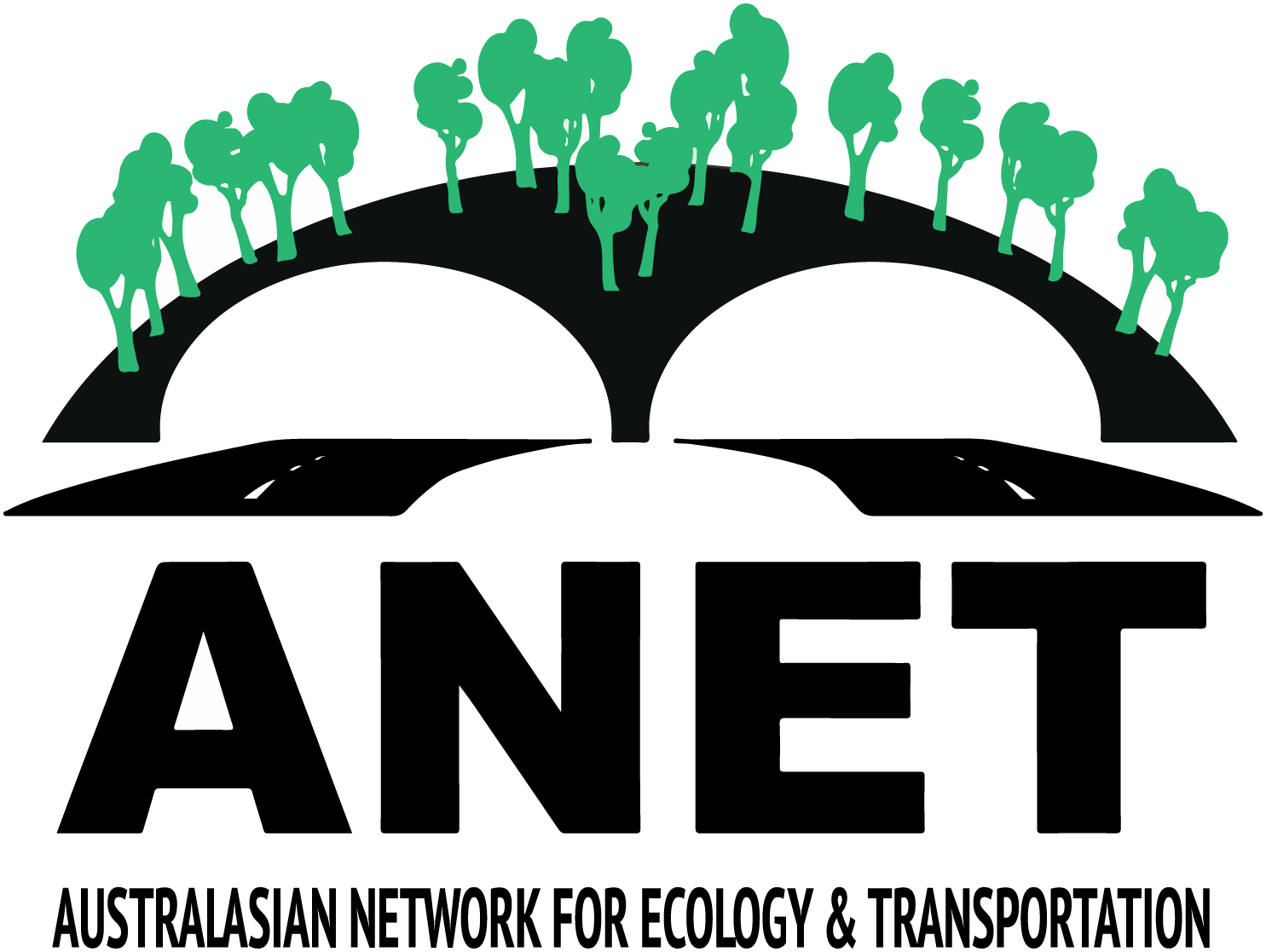RESILIENCE, RECOVERY AND RESTORATION
Transport Ecology in a Changing World
27 - 29 November 2023 | Te Pae, Christchurch, New Zealand
The ANET 2023 Conference Resilience, Recovery and Restoration: Transport Ecology in a Changing World was held from 27-29 November 2023 at Te Pae, Christchurch, New Zealand. This premier event brought together ecologists, transport planners, regulators, construction professionals, and community members to address the critical intersection between transportation infrastructure and ecological systems.
The conference focused on how linear infrastructure–including roads, railways, transmission lines, and pipelines—could be designed and managed to support both economic needs and biodiversity conservation. Key themes included enhancing ecosystem resilience to natural disasters, reducing wildlife-vehicle collisions, improving landscape connectivity, and utilising green infrastructure for disaster risk reduction.
Participants explored strategies for planning and building transport networks that could withstand future environmental shocks while promoting healthy, functioning ecosystems. The event highlighted the importance of community involvement in designing ecologically sensitive infrastructure and developing recovery plans following natural disasters.
Important questions discussed at ANET 2023 included:
How do linear infrastructure and transport networks affect the resilience of natural ecosystems to future shocks and stressors?
How can existing and future infrastructure support and enhance ecosystem health and biodiversity conservation?
How can transport planning, design, construction and operation assist in the recovery and restoration of endangered species, populations and ecosystems after natural disasters?
What role does the community play in the planning and design of ecologically sensitive linear infrastructure, as well as restoration and recovery after shocks and disasters?
The three-day program featured presentations, posters, panel discussions, workshops, and trade displays, concluding with a field trip to Kaikōura that provided practical insights into transport ecology applications.

